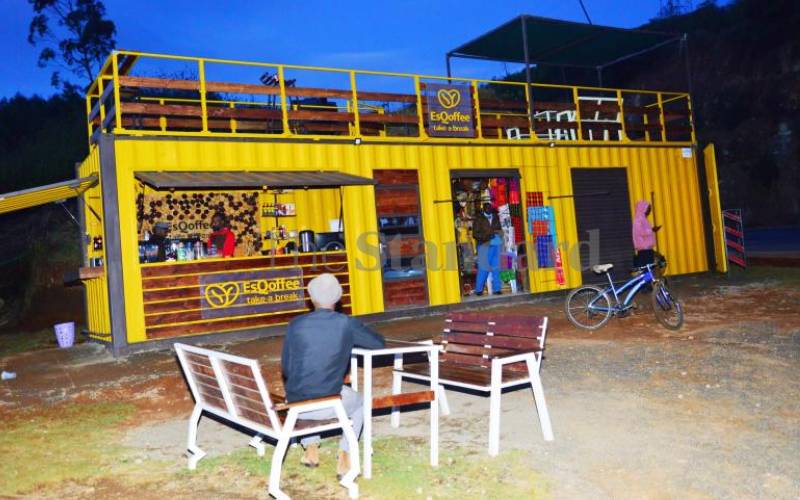×
The Standard e-Paper
Kenya’s Boldest Voice

EsQoffee hangs over the Great Rift Valley Escarpment. [John Muchucha, Standard]
At 6:23pm, a splendid orange sunset hangs over the Great Rift Valley Escarpment leaving a sight to behold.